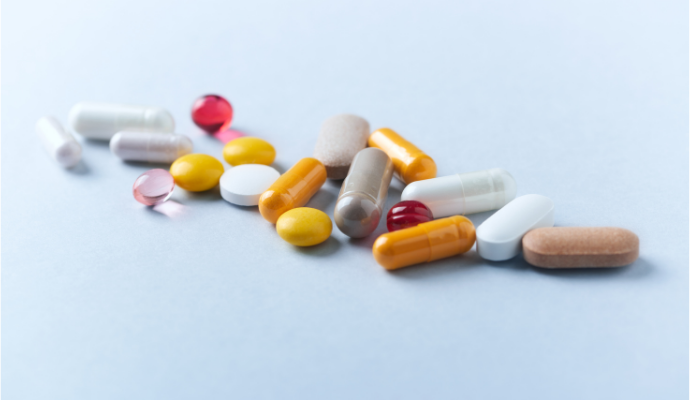Novo Nordisk Expands Collaboration in Oral Drug Delivery Tech
The collaboration in oral drug delivery technologies now extends through 2026, expanding the scope to include the integration of bioelectronics, biosensors, and delivery devices.

Source: Getty Images
- Novo Nordisk recently expanded its research collaboration in oral drug delivery technologies with the Massachusetts Institutes of Technology (MIT) and Brigham and Women’s Hospital (BWH).
The agreement extends the collaboration through 2026, expanding the scope to include creating and integrating bioelectronics, biosensors, and stimuli-responsive delivery devices.
“Working with the Langer and Traverso teams continues to be a unique opportunity for Novo Nordisk to live out our aspiration of bringing transformational new solutions to patients by thinking big, working with the best, and using our distinct capabilities to aim to achieve what might otherwise seem impossible,” Marcus Schindler, PhD, professor, executive vice president, and chief scientific officer of Novo Nordisk, said in the announcement.
In 2015, Novo Nordisk and the Langer Laboratory at MIT partnered to create the next generation of drug delivery devices for peptide administration.
The collaboration, conducted at MIT and the Novo Nordisk’s research facilities in Denmark, aimed to develop the devices as an alternative to parenteral or injection-based delivery of peptides.
Prior to the collaboration, MIT professor Robert Langer’s laboratory developed approaches for delivering drugs across complex barriers in the body, including the blood–brain barrier, the intestine, the lung, and the skin.
Langer led the team to develop a platform enabling the oral delivery of peptides along with Giovanni Traverso, career development assistant professor of mechanical engineering at MIT and a gastroenterologist at BWH, Harvard Medical School.
“We continue to explore the immense potential for enhanced delivery of biologic drugs and stem cell-derived therapeutics through the platforms we are developing,” Traverso said in the recent announcement.
The companies are confident they can overcome the various challenges of developing and producing a reliable peptide delivery vehicle, including premature degradation in the body, poor peptide transport over epithelial barriers, variability of absorption, and production of both the peptide and the delivery vehicle.
Overall, experts believe that drug delivery devices hold great therapeutic promise for a multitude of diseases where patients need to take frequent injections.
